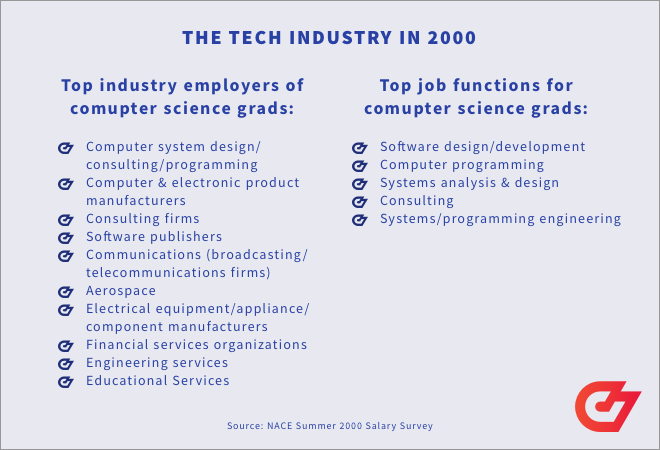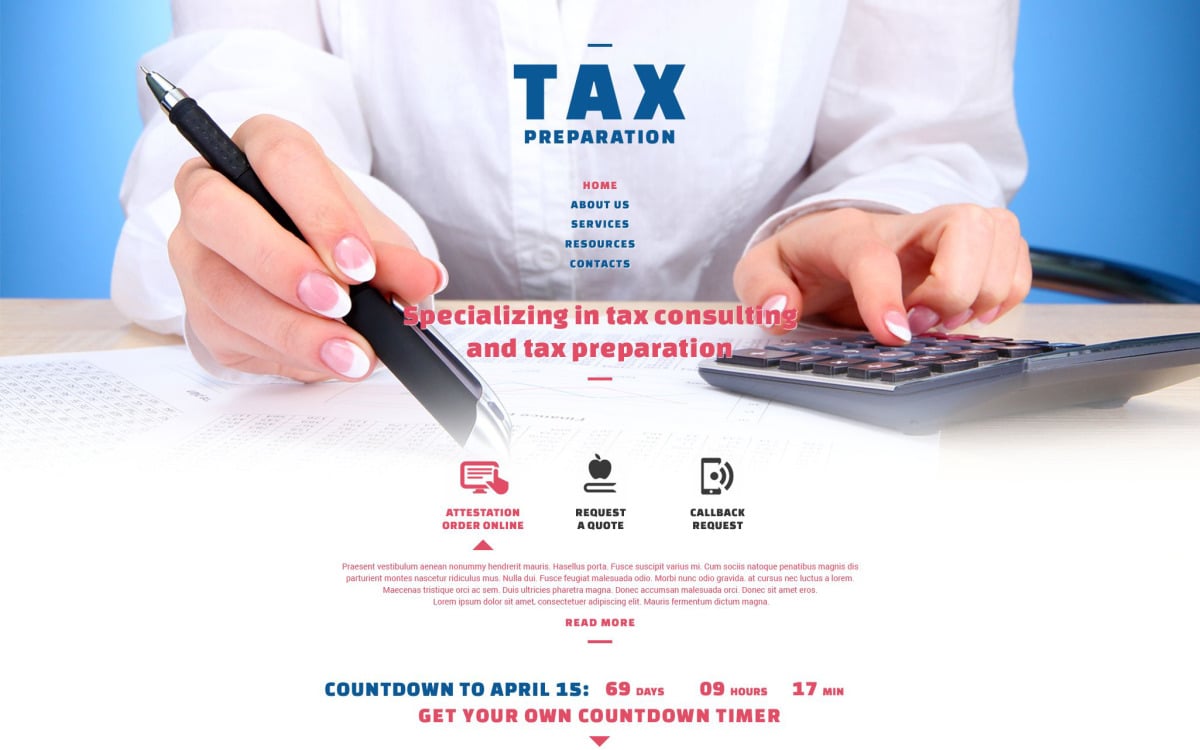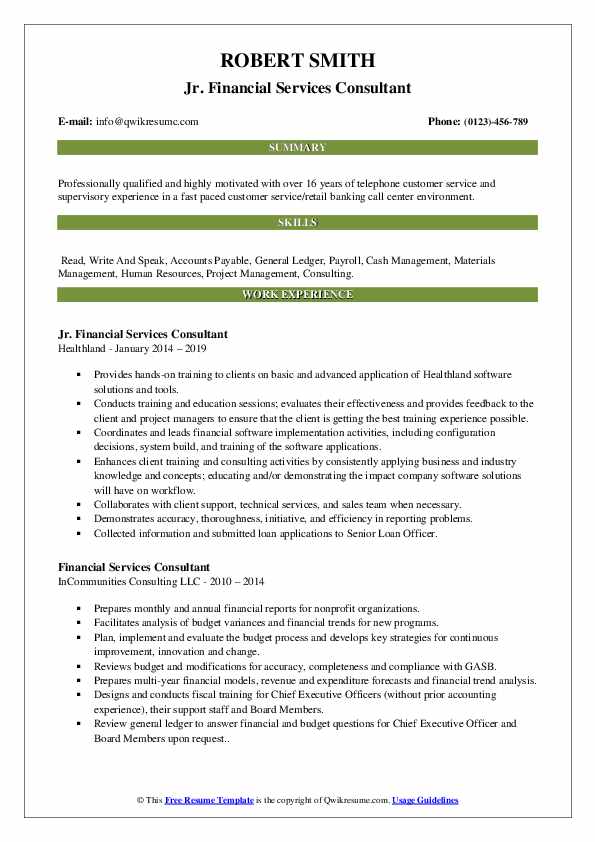
If you have a passion for higher education, you may want to consider becoming a higher education consultant. What are some of the benefits of being a consultant to higher education? What are the skills required to be successful in this role? What do you need to be a successful higher education consultant. These are some helpful tips. Learn more about the salary ranges for this job.
Benefits to working with a higher educational consultant
Higher education consultants are a great help for institutions. They can make the process smoother and easier for students to obtain acceptance. However, it can be hard to find the right consultant. These are some ways to find a qualified consultant. A good consultant will have the resources and experience necessary to assist you.
First, choose an educational consultant who is a member of a professional association. These consultants are focused on providing students with quality service. They will take the time to get to know the student and their academic backgrounds. It is crucial to find a consultant who will support the student's goals.

Higher education consultants can work independently or for private organisations. Educational consultants often work in partnership with private organizations to create educational products.
Required skills
An education consultant should be able to use analytical skills and must have curiosity. He must also be adept at problem solving and planning. He must also be able to spot innovative solutions to problems. He should have worked with students and teachers. He should be able to demonstrate a strong background in higher learning.
The job of a higher education consultant involves advising institutions on matters that affect higher education. He or she will offer advice on topics like student success and diversity, enrollment management as well as campus planning and strategic planning. In addition, he or she will also help schools with leadership development. Higher education consultants should be knowledgeable in a range of educational topics and be able communicate effectively.
The education sector is evolving and changing, and this presents new challenges for students, families, and academic institutions. In addition, tighter budgets, lower enrollment rates, and a globalized economy are making educational institutions increasingly competitive. There is an increasing demand for qualified educational consultants.

Salary range
Higher education consultants can earn a wide range of salaries. The average annual salary for education consultants is between $52,801-$69,316. Consultants with the highest salaries can earn more then $95,000 per year. Salary levels vary greatly depending upon where the job is located and years of work experience.
A master's degree is required for education consultants. Many of these people went on to earn doctoral degrees. Your dissertation or thesis work can be a great foundation for a consulting job. These papers are often original research and ideas that are presented to a doctoral committee. This reputation is vital for any consultant in education.
Educational consulting is a rewarding and challenging career option. There are many options and opportunities for those who are new to the field. Education consultants can also start their own consulting firm and reap the rewards of being self-employed. In this way, you'll be able to set your own schedule, choose your clients, and control your compensation.
FAQ
What types of contracts exist for consultants?
Most consultants sign standard employment agreements when hired. These agreements specify how long the consultant will be working for the client and what he/she will be paid.
Contracts can also indicate the areas of expertise that the consultant will concentrate on and the compensation they will receive. The agreement might state that the consultant will conduct training sessions, workshops or webinars.
Sometimes, the consultant just agrees to complete certain tasks within a defined timeframe.
Consultants often sign independent contractor contracts in addition to their standard employment agreements. These agreements allow the consultant freedom to work without being paid.
Why would you want to hire consultants?
You might need consultants for a variety of reasons.
-
You may have a problem or project that your organization needs to solve.
-
You want to improve your own skills or learn something new
-
You'd like to work in conjunction with an expert in a specific field
-
You have no other choice but to do the job.
-
You feel overwhelmed by all of the information out there and don't know where to start
-
You can't afford to pay someone full-time
The best way to find a good consultant is through word of mouth. Ask around to see if you know any good consultants. Ask someone you know who is a consultant for his/her recommendations.
If you decide to use online directories like LinkedIn, use the "Search People" feature to look for consultants in your area.
Who hires consultants
Many organizations hire consultants to assist with projects. These include small businesses, large companies, government agencies and non-profits.
Some consultants work directly with these organizations while others freelance. The hiring process will vary depending on the complexity and size of the project.
When hiring consultants, you will probably go through several rounds of interviews before choosing the person you think would be best suited for the position.
Statistics
- According to IBISWorld, revenues in the consulting industry will exceed $261 billion in 2020. (nerdwallet.com)
- 67% of consultants start their consulting businesses after quitting their jobs, while 33% start while they're still at their jobs. (consultingsuccess.com)
- "From there, I told them my rates were going up 25%, this is the new hourly rate, and every single one of them said 'done, fine.' (nerdwallet.com)
- Over 62% of consultants were dissatisfied with their former jobs before starting their consulting business. (consultingsuccess.com)
- WHY choose me: Why your ideal client should choose you (ex: 10 years of experience and 6-week program has helped over 20 clients boost their sales by an average of 33% in 6 months). (consultingsuccess.com)
External Links
How To
How to Find the Best Consultant
First, ask yourself what kind of consultant you are looking for. Before you begin searching for a consultant to help you, you should be clear on your expectations. A list of what you expect from a consultant is helpful. This could include things like; professional expertise, technical skills, project management ability, communication skills, availability, etc. Once you've listed out these requirements, then you may want to consider asking some friends or colleagues who they would recommend. Ask them about their experiences with consultants and compare their recommendations to yours. Research online if you don’t already have recommendations. There are many websites that allow users to leave feedback about their previous work experiences, such as LinkedIn and Facebook, Angie's List or Indeed. Take a look at comments and ratings from others, and use that data to find potential candidates. Finally, once you've got a shortlist of potential candidates, make sure to contact them directly and arrange an interview. You should discuss your requirements with the candidates and ask them how they can help. It doesn't matter if they were recommended to your company; all that matters is that they are able to understand your business goals and show how they can help.